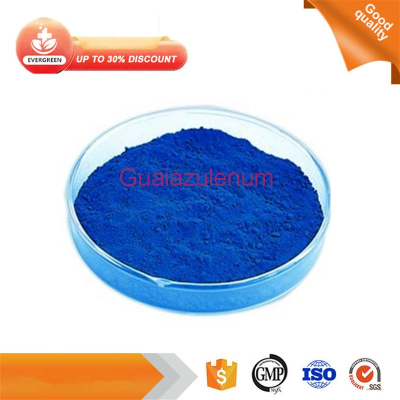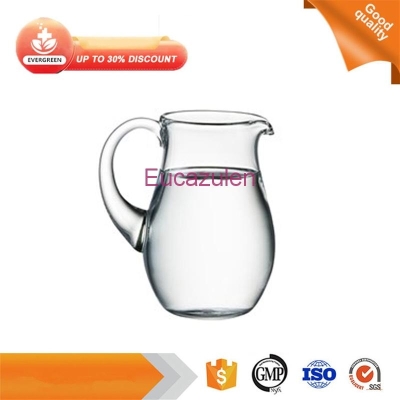-
Categories
-
Pharmaceutical Intermediates
-
Active Pharmaceutical Ingredients
-
Food Additives
- Industrial Coatings
- Agrochemicals
- Dyes and Pigments
- Surfactant
- Flavors and Fragrances
- Chemical Reagents
- Catalyst and Auxiliary
- Natural Products
- Inorganic Chemistry
-
Organic Chemistry
-
Biochemical Engineering
- Analytical Chemistry
- Cosmetic Ingredient
-
Pharmaceutical Intermediates
Promotion
ECHEMI Mall
Wholesale
Weekly Price
Exhibition
News
-
Trade Service
Compiled and organized by Yimaitong, please do not reprint without authorization
.
COVID-19, caused by SARS-CoV-2, can cause severe, potentially fatal respiratory illness
.
The U.
S.
Centers for Disease Control and Prevention (CDC) recently listed pregnancy as a state where adults are at higher risk for severe COVID-19
.
New surveillance data suggest a possible increased risk of serious outcomes following maternal infection with SARS-CoV-2 during pregnancy
.
A recent study found that infection with SARS-CoV-2 during pregnancy was associated with an increased risk of adverse pregnancy outcomes, including induced abortion, cesarean section, preterm birth, and fetal growth restriction
.
Related content is published online on J Infect Dis
.
SARS-CoV-2 infection is associated with an increased risk of adverse perinatal health outcomes, but there are few large-scale community-based epidemiological studies
.
To this end, the researchers conducted a nationwide cohort study evaluating 78,283 pregnant women to identify infected individuals through diagnostic and laboratory test data
.
RESULTS: A total of 2655 (3.
4%) pregnant women had documented SARS-CoV-2 infection, of whom 3.
4% required intensive care, invasive mechanical ventilation, or ECMO
.
COVID-19 during pregnancy was not associated with miscarriage, antepartum hemorrhage, or stillbirth, but was associated with an increased risk of induced abortion, caesarean section, preterm birth, fetal growth restriction, and postpartum hemorrhage
.
SARS-CoV-2 infection is associated with an increased risk of adverse pregnancy outcomes, and these findings suggest that prevention of SARS-CoV-2 infection during pregnancy may benefit both the mother and the fetus
.
In addition to maintaining hand hygiene and social distancing, guidelines encourage pregnant women to get vaccinated as highly effective vaccines become available
.
Early results suggest that mRNA vaccination during pregnancy is safe and effective in preventing maternal infection with SARS-CoV-2
.
The relationship between preterm birth and the COVID-19 pandemic has been controversial, and this study showed that preterm birth rates, especially those with medical symptoms, were higher among pregnant women infected with SARS-CoV-2
.
In addition to being consistent with the results of a pooled analysis of multiple small studies, the results of this study provide several additional important points of knowledge: 1.
Few previous studies have independently assessed the risk of stillbirth, whereas this study has so far assessed the risk of stillbirth.
Largest single comparative epidemiological study of stillbirth risk associated with SARS-CoV-2 infection found no association between stillbirth risk and SARS-CoV-2 infection, but larger assessment remains important
.
2.
Few studies have assessed early pregnancy outcomes, and this cohort study, which sampled a large number of infected pregnancies, demonstrated no association between COVID-19 infection and miscarriage risk
.
3.
Because of the large case sample, investigators were able to assess pregnancy outcomes by pregnancy stage of exposure to COVID-19
.
The risk of preterm birth is higher regardless of the stage of infection, and is more common among pregnant women who develop an infection in the weeks before delivery
.
Taken together, few large-scale studies have assessed the risk of adverse pregnancy outcomes following maternal infection with SARS-CoV-2, and the findings support previous recommendations of fetal damage following SARS-CoV-2 infection during pregnancy.
Evidence shows that pregnant women are at higher risk of developing COVID-19, so prevention of COVID-19 during pregnancy is important
.
Social distancing, hand hygiene, and immunization reduce the risk of infection during pregnancy and related adverse pregnancy outcomes
.
References: 1.
Regan AK, Arah O, et al.
SARS-CoV-2 infection during pregnancy and associated perinatal health outcomes: a national US cohort study.
J Infect Dis.
2021 Dec 27:jiab626.
doi: 10.
1093/infdis/ jiab626.
2.
SARS-CoV-2 infection associated with increased risk for adverse pregnancy outcomes.
Healio.
January 12, 2022.







